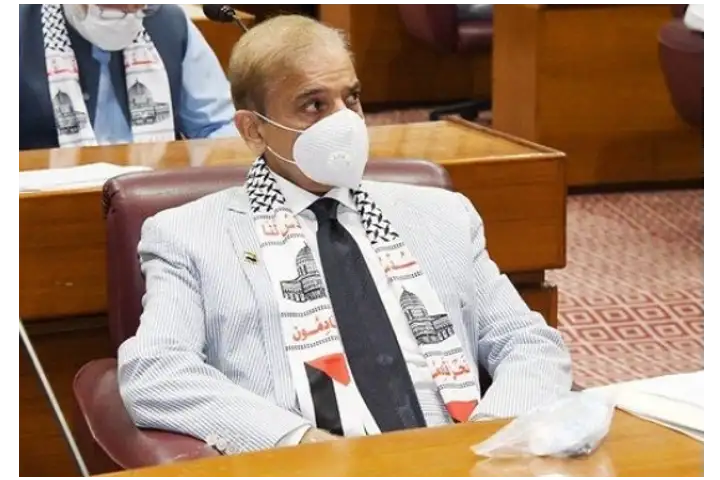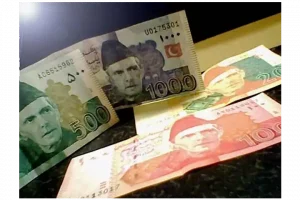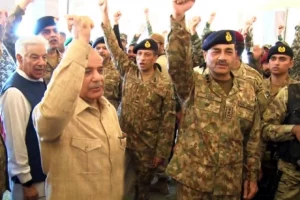Pakistan’s political uncertainty could lead to delay in the release of the International Monetary Fund’s bailout package, which Islamabad urgently needs. This, analysts said, the political turmoil will further dent economic recovery and Pakistan could soon go the way of Sri Lanka. The results of the Punjab by-elections are a clear indication that the popularity of the Shehbaz Sharif government is waning amid soaring inflation and unemployment. And now there is growing concern among the ruling coalition that there could be a change in the government once elections are held.
Former prime minister Imran Khan led Pakistan Tehreek e Insaaf (PTI) won 15 of the 20 seats in by-elections. Punjab has traditionally been the stronghold of Pakistan Muslim League-Nawaz (PML-N). During Khan tenure Pakistan’s relations with the US nosedived. He even blamed Washington for his ouster through a no confidence motion in April.
Many in Pakistan feel that the current coalition government, in the wake of the by-poll result, could once again resort to “bandaid” approach to fixing the economy.
"The writing is clear on the wall .. Imran Khan continues to enjoy massive support. This will naturally impact the ruling coalition's efforts to bring in reforms, especially as general elections are approaching-now or next year," an analyst told India Narrative.
Islamabad has raised taxes and fuel prices in a bid to secure the IMF loan. The move, however, has angered the common citizens who are directly facing the brunt of the high inflation.
According to the Diplomat, these moves are unpopular with the public and could lead to yet another change in government this fall, when elections are due.
Meanwhile, for Islamabad, time is ticking and the delay in the release of the IMF loan is further denting the economy. Several “friendly” countries too are yet to come forth to help Pakistan.
The rupee has been steadily losing its value. It fell to a fresh low of more than 228 to the US dollar.
The country’s total debt and liabilities have touched Rs 53.5 trillion which includes the debt of Rs 23.7 trillion under the Khan government.
“Unfortunately, grounded realties tell us that Pakistan is, gradually and slowly, slipping into dire economic and political uncertainty. If the policymakers of Pakistan continue to ignore the warning signs, as they have always done in the past, things may lead to a similar crisis as that unfolding in Sri Lanka,” the magazine said.
But the question is whether Sharif and his team will be able to carry on with the much required reform process needed for sustained economic growth.
Also read: Pakistan finance minister blames political turmoil for rapid depreciation in country's currency




















